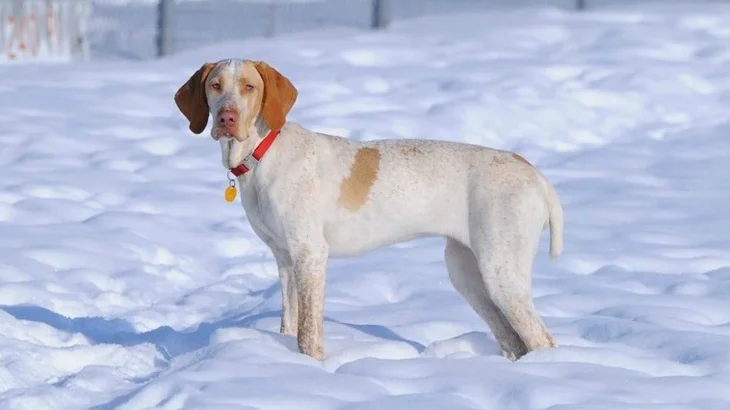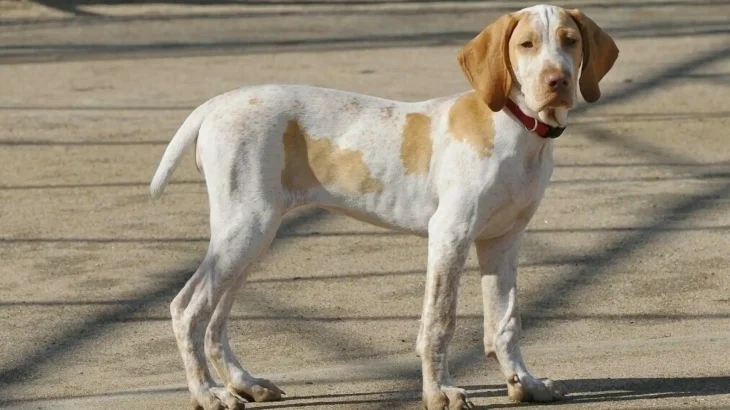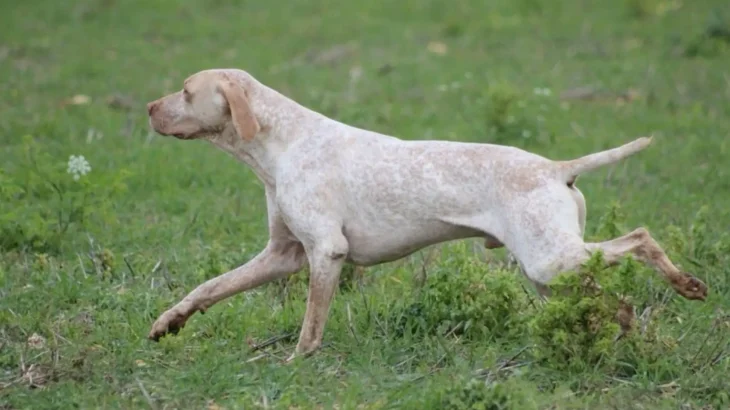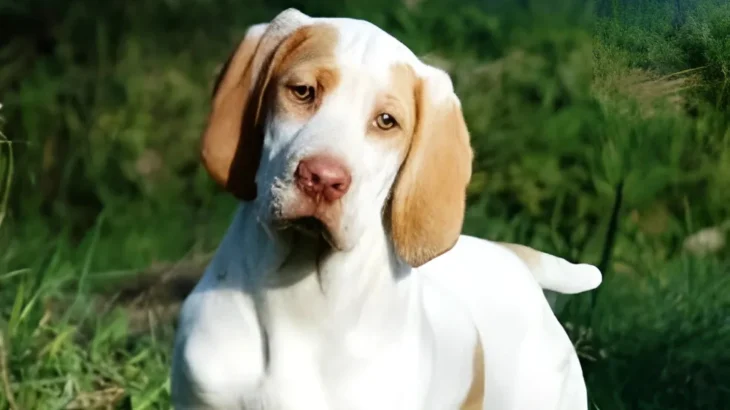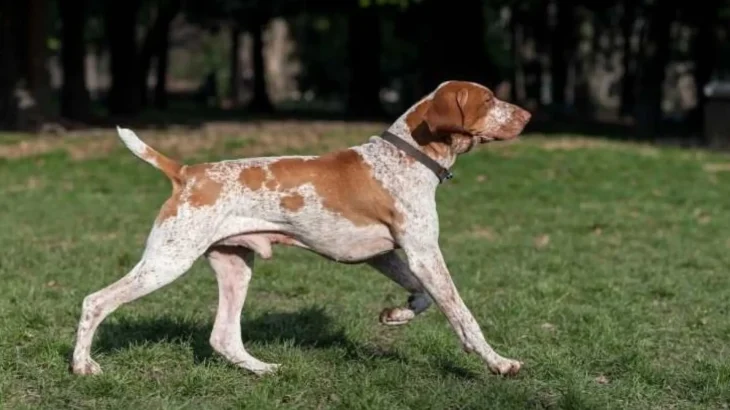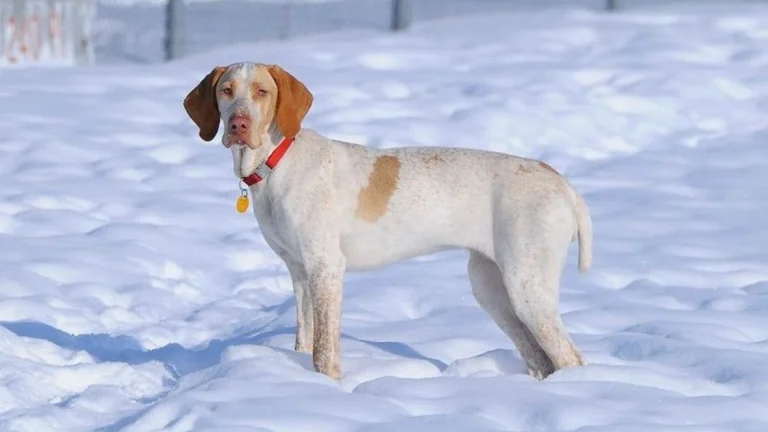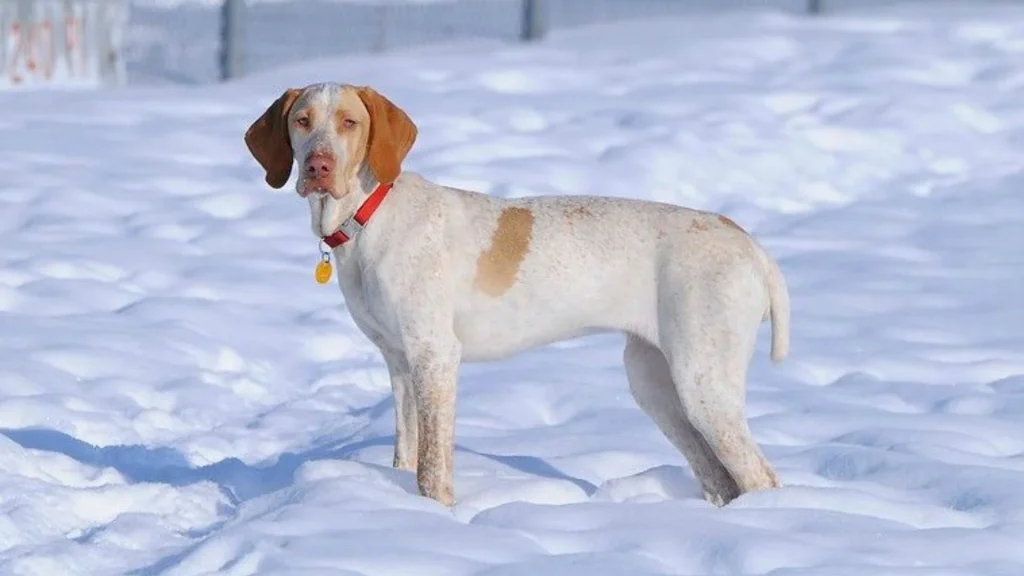When deciding whether to bring an Ariege Pointing Dog puppy into your home, you'll want to weigh the benefits of adopting versus purchasing from a breeder. Both paths have unique perks and potential drawbacks, especially regarding health history and ethical practices related to this breed.
| Criteria | Buying from Breeder | Adopting from Shelter/Rescue |
|---|---|---|
| Cost | Generally higher due to rarity and pedigree, reflecting responsible breeding. | Typically lower adoption fees, a budget-friendly way to welcome a dog in need. |
| Health History | Breeders often provide detailed health screenings and genetic info, reducing uncertainties. | Health history may be incomplete, but shelters provide basic health checks and vaccinations. |
| Age Availability | Mostly puppies, letting you shape early development. | Varied ages, including adults who may have training and known temperament. |
| Temperament Insight | Breeders share lineage traits and early behavior observations. | Temperament is assessed by shelter staff, though background info may be limited. |
| Supporting Practices | Supports preservation of breed standards and dedicated breeding programs. | Helps animal welfare by giving a dog a second chance and reducing shelter populations. |
| Ethical Considerations | Choose ethical breeders prioritizing health and temperament over profit. | Promotes rescue efforts and reduces demand for commercial breeding. |

